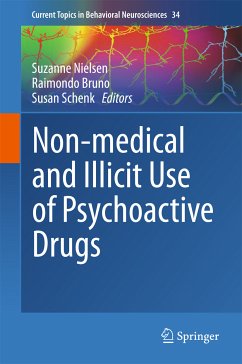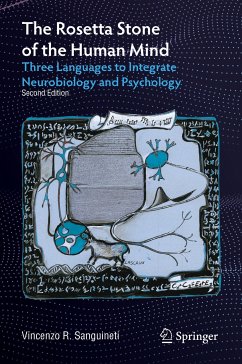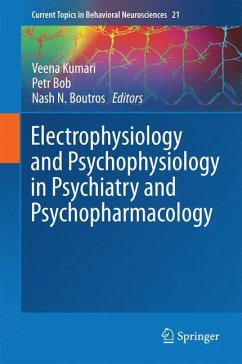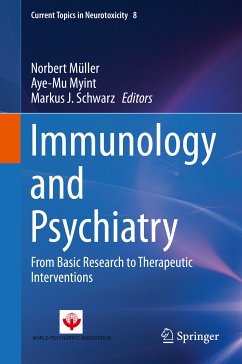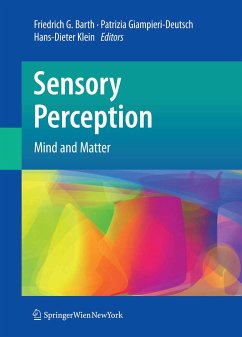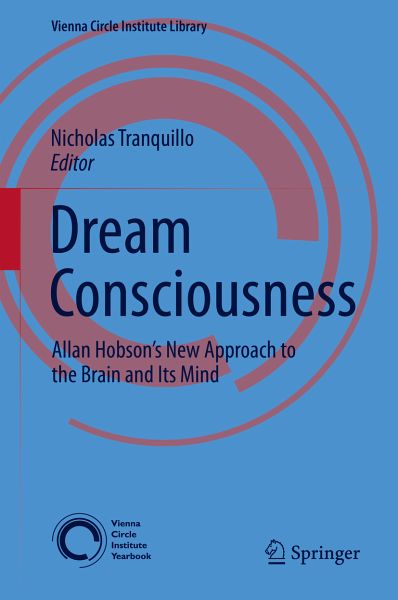
Dream Consciousness (eBook, PDF)
Allan Hobson's New Approach to the Brain and Its Mind
Redaktion: Tranquillo, Nicholas
Versandkostenfrei!
Sofort per Download lieferbar
112,95 €
inkl. MwSt.
Weitere Ausgaben:

PAYBACK Punkte
56 °P sammeln!
This book presents three lectures by Allan Hobson, entitled "The William James Lectures on Dream Consciousness". The three lectures expose the new psychology, the new physiology and the new philosophy that derive from and support the protoconsciousness hypothesis of dreaming. They review in detail many of the studies on sleep and dreaming conducted since the days of Sigmund Freud. Following the lectures are commentaries written by scholars whose expertise covers a wide range of scientific disciplines including, but not limited to, philosophy, psychology, neurology, neuropsychology, cognitive s...
This book presents three lectures by Allan Hobson, entitled "The William James Lectures on Dream Consciousness". The three lectures expose the new psychology, the new physiology and the new philosophy that derive from and support the protoconsciousness hypothesis of dreaming. They review in detail many of the studies on sleep and dreaming conducted since the days of Sigmund Freud. Following the lectures are commentaries written by scholars whose expertise covers a wide range of scientific disciplines including, but not limited to, philosophy, psychology, neurology, neuropsychology, cognitive science, biology and animal sciences. The commentaries each answer a specific question in relation to Hobson's lectures and his premise that dreaming is an altered state of consciousness. Capitalizing on a vast amount of data, the lectures and commentaries provide undisputed evidence that sleep consists of a well-organized sequence of subtly orchestrated brain states that undoubtedly play a crucial function in the maintenance of normal brain functions. These functions include both basic homeostatic processes necessary to keep the organism alive as well as the highest cognitive functions including perception, decision making, learning and consciousness.
Dieser Download kann aus rechtlichen Gründen nur mit Rechnungsadresse in A, B, BG, CY, CZ, D, DK, EW, E, FIN, F, GR, HR, H, IRL, I, LT, L, LR, M, NL, PL, P, R, S, SLO, SK ausgeliefert werden.






